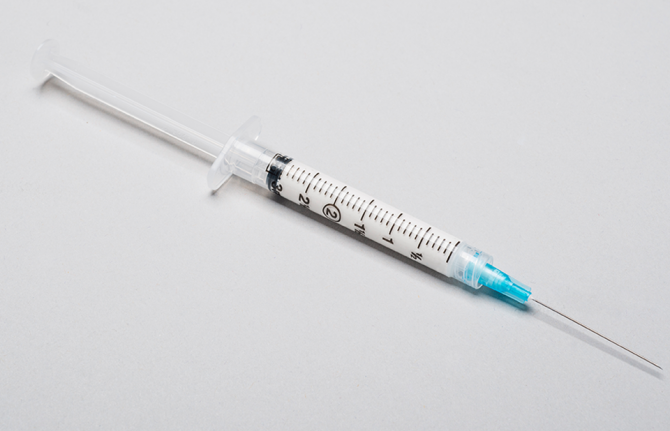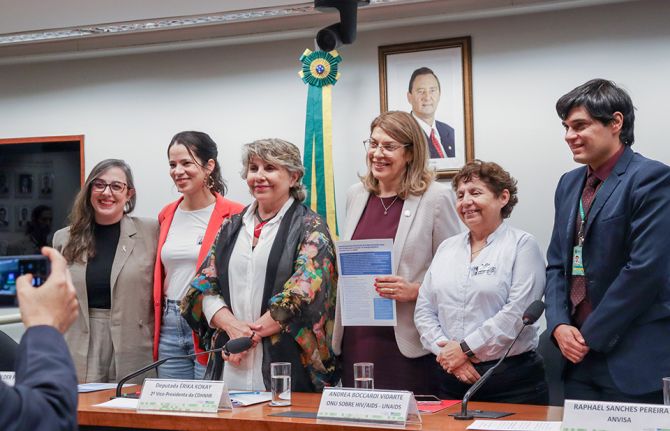

Feature Story
UNAIDS responds to EU approval of a long acting HIV treatment option: “To end AIDS, share technology.”
23 August 2022
23 August 2022 23 August 2022Responding to the news that the European Commission has approved an HIV treatment option designed for twice-yearly dosing, UNAIDS Executive Director Winnie Byanyima said:
‘It is great news that a range of long-acting HIV treatment options are set to come on stream. A range of options for long-acting treatments, received every few months, could enable more people to get on treatment or offer better clinical options for patients showing resistance to current regimens, therefore staying longer on treatment, and prevent many AIDS-related deaths – if they become available for all who need them. The evidence is clear: monopoly production cannot ensure global availability and affordability. Worldwide availability of affordable long-acting treatments will require the transfer of technology to enable generic production.’
Progress in long-acting treatments follows progress in long acting prevention. The recent decision by ViiV to share its long-acting HIV prevention technology to enable generic production has demonstrated that sharing is possible for companies to do. UNAIDS welcomed that decision and is urging an expansion of the number of countries included. Currently, many upper middle-income countries do not have access to these technologies. Achieving global targets to end AIDS would require countries around the world have access to newer technologies. As a range of companies advance their development of long-acting HIV treatments, they should build on ViiV’s precedent, expanding the number of countries, and learn from it by not waiting until after launch to transfer the technology.
Ms Byanyima said:
‘Delays in the transfer of technology of innovative health products cost lives. The process of sharing of long-acting treatment technology, of the intellectual property rights and “recipes”, should not wait for after long-acting HIV treatment medicines are made available to people in rich countries. That process should begin at the early stages of the Research and Development (R&D) cycle. Sharing technology now, to help producers prepare, will save lives and help end the AIDS pandemic. The transfer of pandemic-ending technologies to low- and middle- income countries is not only the right thing to do, it is in the self-interest of rich countries too. We can only end AIDS by ending AIDS everywhere. To end AIDS, share technology. Now.’
Note
UNAIDS statement follows the announcement of EU approval detailed in this link: https://www.gilead.com/news-and-press/press-room/press-releases/2022/8/gilead-announces-first-global-regulatory-approval-of-sunlenca-lenacapavir-the-only-twiceyearly-hiv-treatment-option. UNAIDS statement is not a commentary on any individual medicine but on the advances being made in long-acting technologies and the need for such technology to be shared.
UNAIDS
The Joint United Nations Programme on HIV/AIDS (UNAIDS) leads and inspires the world to achieve its shared vision of zero new HIV infections, zero discrimination and zero AIDS-related deaths. UNAIDS unites the efforts of 11 UN organizations—UNHCR, UNICEF, WFP, UNDP, UNFPA, UNODC, UN Women, ILO, UNESCO, WHO and the World Bank—and works closely with global and national partners towards ending the AIDS epidemic by 2030 as part of the Sustainable Development Goals. Learn more at unaids.org and connect with us on Facebook, Twitter, Instagram and YouTube.



